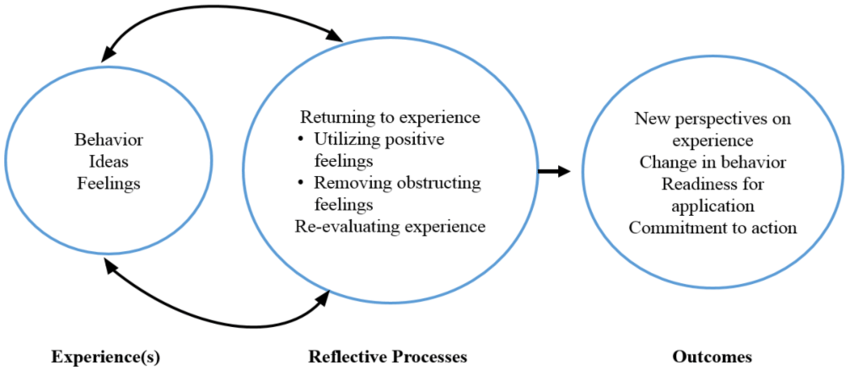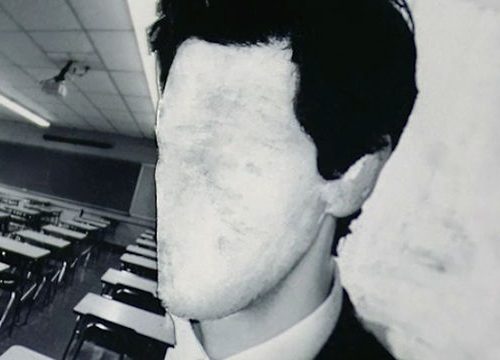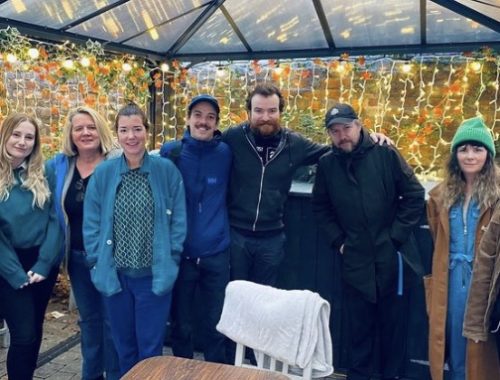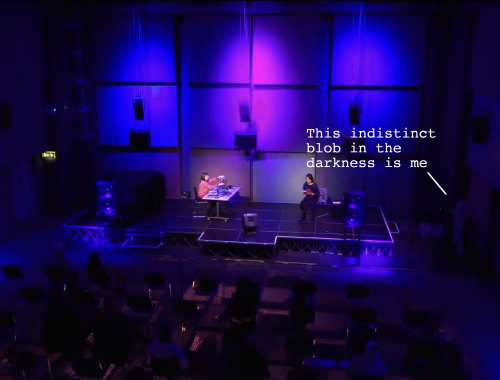Art Assistant to Sandwich Maker…
As I drove the long journey to my second day on a film set, I pondered what I would be doing that day on set, I had just received my first call sheet a few days before which I was given the role as ‘Art Assistant’. I remember being extremely nervous, overthinking the scenario in my head repeatedly – what will I be doing? What if I mess up? As I arrived on set and asked what I would be doing that day as the art assistant, I was told that I would be simply waiting around most of the day, however at some point, there will be a job for me later in the day… This blog post reflects on the challenges I faced within my work placement experience, using the Boud model of reflection, which consists of three sections: the first being the experience of behaviour and emotions The second section being the reflective process, returning to the experience, attending to my feelings, and lastly the outcome of the experience such as reflecting on new perspectives and changes of behaviour. Boud states in his article that “[R]eflection in the context of learning is a generic term for those intellectual and affective activities in which individuals engage to explore their experiences in order to lead to new understandings and appreciations.” (Boud et all, 1996) Boud’s model of reflection is valuable in my analysis as it allows me to focus on the emotional aspect which helps me understand how to handle my emotions whilst providing insight into understanding how to communicate and reflect on work complications in a professional environment.

Experience
As the day on the film set for the independent film ‘The Fishing Poles’ continued, I found myself feeling lost. This day was a long eight-hour shoot day, I could feel the tension in the air as the director made it clear that the crew had a limited number of hours to create this film as it was given a three-day shooting schedule. I felt that my role was pointless on set as everyone around me had a set role and had a clear objective of what to complete. I was expecting to have waited around for an hour at most, however as the day quickly sped by, I had not been addressed by any of the producers to complete a task. I took initiative and approached one of the producers to ask if any area of the crew needed assistance, I was given the job of fixing a small piece of lighting equipment. Despite the minority of the job, I felt satisfied with my approach of asking as I ended up doing something productive on set. As lunch time approached, I was asked to make sandwiches for the cast and crew as food has not been provided, I remember feeling surprised as I didn’t realise, I would have been catering assistant for the day! However, I used my sandwich making skills and made sixteen delicious ham sandwiches for that crew as I thought it is best to be the best caterer on set than stand and do nothing!
Reflective Process
Reflecting on my experience allowed me to question my treatment that I had received during these days on placement, Boud states that reflection gives new insight as “The learner stands back from the immediacy of the experience … and reviews it with the leisure of not having to act on it in real time. (Boud, 1985) Looking back on my experience on set, I was disappointed with my lack of role, and this was my main challenge with my work experience, I felt that my main role was to be a driver as I was always asked to collect and drop crew and cast to set and home which I was expecting, however I felt I was not gaining valuable hands-on experience that I had been promised by my work placement leader. Although I was allowed to soak in the experience and learn about the departments on set, I struggled on long shoots days as I was not expected to do anything despite the fact the call sheet had an assigned role for me, which felt was unfair as I wanted to be more involved with a specific role and have a purpose on set. On my next day on set for another film, I wanted to ensure I had a certain role however I experienced a similar situation despite voicing my issues to the work placement leader. I left that shoot day feeling deflated and useless.
Outcome
I scheduled a meeting with my work placement tutor to discuss my experience and get feedback about how I should handle the situation. I then scheduled a meeting with my work placement leader, I knew it was important to voice my thoughts and feelings to change the dynamic of my experience. I wanted to have a face-to-face meeting as communication in person is easier than trying to explain how I had felt in an email, as I wanted to deal with this matter accordingly to a work environment as D.D Morley states “Organizations that develop effective communication processes are more likely to both have more positive work environments and be more effective in achieving their objectives.” (Morley, 2002) Before my meeting I made a list of the things I was dissatisfied with that I had experienced and created resolutions that could improve my feeling of being useless when on set. I did this by aligning myself a role, I presented this idea to the work placement leader as this would allow me to know the cast and crew in depth and was an area, I feel confident to work independently on, which next time on set I will be creating behind the scenes social media content for the film’s Instagram account, to help market the film and build audience interest. The outcome of my reflection allowed for a change in my experience with the company as I was able to confidently voice my opinion on the challenges I had faced, which changed a negative experience into a positive solution.
Bibliography
Boud, D., Keogh, R. and Walker, D., (1996). ‘Promoting reflection in learning a model’ in Edwards, R. Boundaries of Adult Learning. London: Routledge. (32-57)
Boud, D., Keogh, R. and Walker, D., (1985). Reflection: Turning Experience into Learning. 1st ed. New York: Routledge Falmer.
Morely, D., Shockley-Zalabak, P. and Cesaria, R., 2002. Organizational influence processes : perceptions of values, communication and effectiveness. Studies in Communication Sciences : journal of the Swiss Association of Communication and Media Research, 1(1), p.69.
'Shaking up' the Classroom
Breaking into the Scene
You May Also Like

The Equity Of Detachment
25 March 2022
The Importance of Communication in the Workplace
31 March 2022
